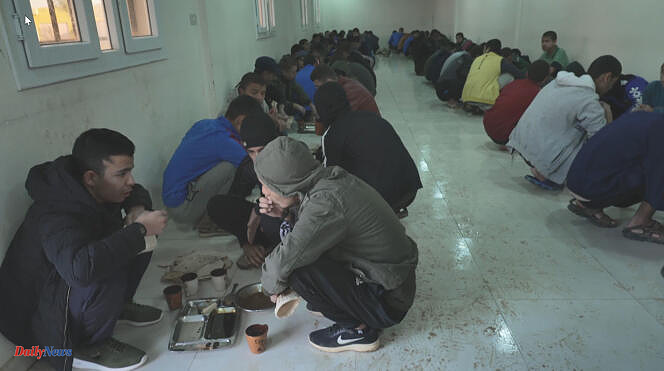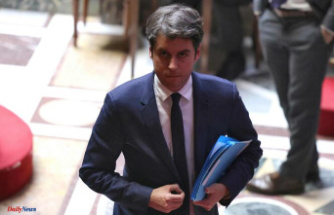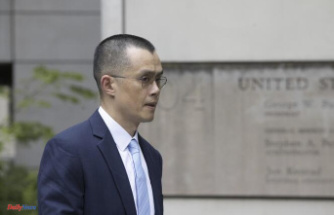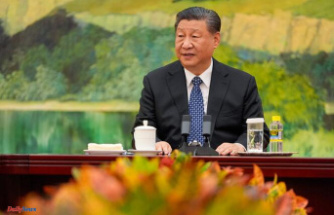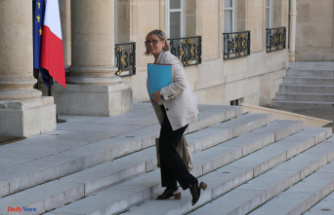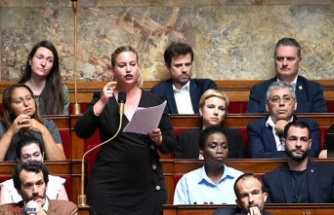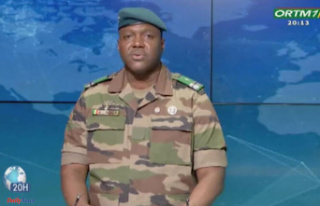“They say France is afraid of us. But we are not what you think,” assures, facing the camera, Amza, born in 2002, in Toulouse. He is one of four French people out of a hundred detained at the deradicalization center for sons of jihadists in Orkech, in Syrian Kurdistan. With him: Adem, 21, also from Toulouse; Youssef “18 or 19 years old”, born in Strasbourg, and Elias, Franco-Moroccan “19 years old or so”.
But then who are these sons of jihadists? Director Chris Huby, who has been following the Syrian conflict since 2011, obtained for “Special Envoy” to film for the first time inside this high-security prison and to speak with these “four kids” – expression d 'Adem. He brings back an exceptional documentary, with testimonies of rare strength, which at least makes you think, and carries the hope (never stated) of convincing of the need to repatriate them.
Everyone dreams of it. Adem is particularly observed because he is the son of Fabien Clain, a terrorist who claimed responsibility for the attacks of November 13, 2015 in Paris (130 dead and 490 injured). Adem condemns these actions, before emphasizing: “I had nothing to do with this. »
Everyone remembers their pleasant childhood, before being taken by their parents to wage jihad in Syria. Elias then noticed the changes: “My mother put on the niqab. My father got tougher. » Everyone discovers the war and its horrors. “I saw someone cut off someone else’s head. Do you see or not? “, says Amza, who often punctuates his sentences with a “see? ".
Everyday scenes
The interviews alternate with scenes from their daily life, which began at 7 a.m. The breakfast room is dirty, without chairs or tables, and the food is unappealing (the manager says he lacks resources). Then they follow three hours of deradicalization lessons per day, in Arabic, as well as mathematics and English lessons. Provided by women, voluntarily.
At the same time, their lives are revealed in bits and pieces, or rather in successive shocks. Like this propaganda video showing two children aged 9 and 11, who are struggling to hold their Kalashnikov: they are Youssef and Amza. “I was little, I didn’t think,” says Youssef. Amza will be enlisted in the “lion cubs of the caliphate”, a brigade of two thousand child soldiers, before going into combat. “It was no longer a game.” He still has several shrapnel in his skull, which would require surgery; Adem and Youssef were also injured.
The comment remains sober. “Deradicalization will take years for some. » We then think of the question that Amza will ask later: how do we know if someone is deradicalized? He has his answer: “Take me to France, put me in a center and you’ll see. »

